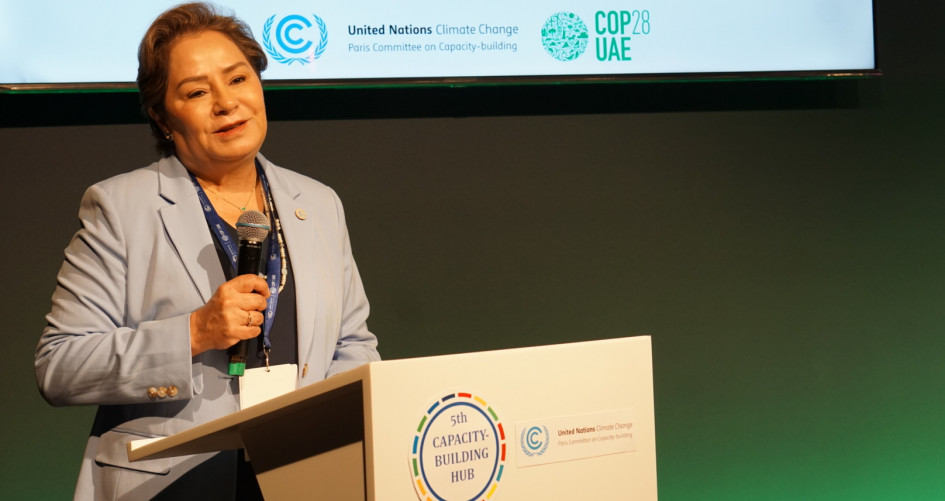Private finance mobilization plays a decisive role in supporting climate action, contributing significantly to the global efforts to address climate change. Private investments are essential to support innovation, mitigate risks, and support projects that contribute to a more sustainable and resilient future. As the global community embarks on full implementation of the Paris Agreement, it is crucial to build the capacities of all stakeholders both to scale-up the provision of climate finance and to enhance access to private finance.
Enhanced understanding and expertise: Capacity building will equip individuals and organizations working in the private, public and non-governmental sectors with a deeper understanding of climate finance mechanisms, regulations, and market dynamics. Businesses, in particular, will be able to explore new technologies, business models, and investment strategies to navigate the complexities of climate finance, identify opportunities, and make informed investment decisions.
Undertake better risk management and due diligence: Capacity building can help private sector actors develop robust risk management strategies and conduct thorough due diligence on climate-related projects. This is crucial in mitigating risks associated with climate investments, enhancing the sector's confidence in allocating funds to sustainable and resilient initiatives.
Improve national regulatory frameworks governing the financial sector: Capacity building in this area will contribute in aligning the principles and practices of private finance institutions with the goals of the Paris Agreement and the sustainability agenda as a whole, accelerating the transition to green, clean and carbon neutral investment policies and decisions.
Increase access to funding opportunities: Through capacity building, the private sector gains insights into various funding mechanisms and financial instruments dedicated to climate projects. This knowledge enables businesses to tap into a broader range of funding opportunities, including green bonds, climate funds, and impact investment platforms.
Empowering local enterprises: Capacity building at the local level aimed at small and medium-sized enterprises (SMEs) to navigate climate finance processes provides them with the tools to contribute meaningfully to sustainability efforts, and benefit from available funding streams.



